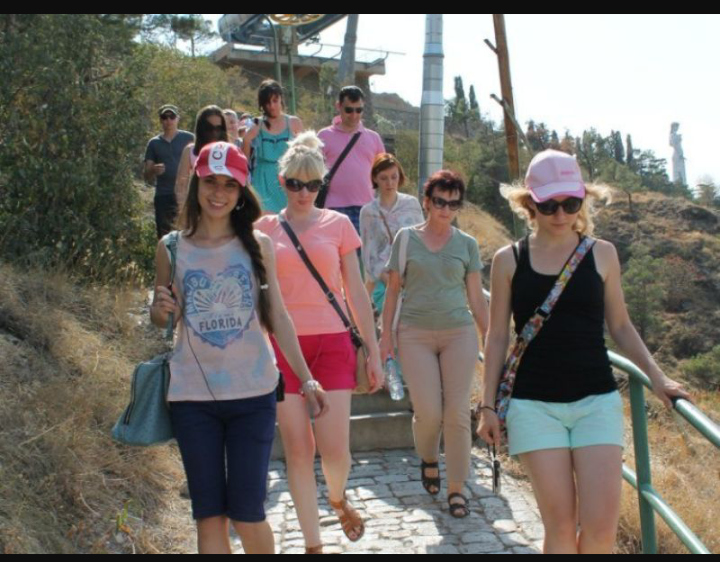Саба?ты? та?ырыбы: The Present Continuous Tense ( На? Осы Ша?)
Текст: `` Travelling ``
Саба?ты? т?рі: аралас саба?
Саба?ты? ?дісі: сын т?р?ысынан ойлау,с?ра?-жауап ?дісі, де?гейлеп
саралап о?ыту,дамыта о?ыту,т?сіндірмелі,ойын
элементтері.
П?наралы? байланыс: ?аза? тілі п?ні,орыс тілі п?ні, география. п?ндерімен, музыка,этика, эстетикамен халы?ты? педагогикамен байланыс
Саба??а б?лінетін уа?ыт: 80минут.
Саба?ты? ма?саты:
а)білімділігі: о?ушыларды? жай осы ша?ты? ??рылымын, жасалу жолын
т?сінуі, етістікті? с?йлемде ?олдануылуын ме?геруі, ?ткен
грамматикалы? та?ырыптармен толы?тыра отырып,ж?й осы
ша??а с?йкес ситуация ??растыра білуі, с?здік ?орын дамыту.
?)т?рбиелік м?ні: о?ушыларды? шетел тілін ме?геруге ?ызы?ушылы?ын
арттыру,м?дениеттілікке,жауапкершілікке,ізденуге баулу.
б)дамытушылы?ы: о?ушыларды? есте са?тау ?абілетін арттыру,логикалы?
ойлауын,еркін с?йлеуін,тілді ме?геруде аударма
ж?мысына (о?у,ты?дау ар?ылы) т?сінуіне
?алыптастыру,с?здік ?орын байыту.
Саба?ты? к?рнекілігі : интерактивті та?та,флипчарттар,электронды?
о?улы?,слайдтар.
?олданыл?ан о?улы?тар: 1.English for Businessmen.Г.А.Дудкина
2.Английский для секретарей и менеджеров. С.А.Шевелева.
3.Практический курс английского языка В.Д.Аракина
4.Учебник английского языка Н.А.Бонк
Саба?ты? ?ткізілу барысы
- ?йымдастыру кезе?і
- Тіл сындыру жатты?уы
- Фонетикалы? жатты?у «Sailor»
- ?й ж?мысын с?рау текст “Shopping” жа?а с?здер, текстті Jigso ?дісі ар?ылы с?рау)
- ?ткен грамматикалы? та?ырып?а с?йкес жатты?улар орындау. Ex3-5 p.26-27
- Жа?а грамматикалы? та?ырыпты т?сіндіру. The Present Continuous Tense
- Жа?а та?ырып?а с?йкес жатты?улар орындау ex.1-5
- Диаграмма ??ру. «Meals» (?ткен та?ырыппен байланыстыра отырып )
- Жа?а с?здерді т?сіндіру (етістікті? іс-?рекетке ?атысын суреттерді пайдалану ар?ылы )
- Жа?а текстті т?сіндіру. “Travelling”
- Электронды о?улы?ты пайдалану ар?ылы жатты?улар орындау. (ойын элементері)
- На? осы ша??а с?йлем ??растыру.(логикалы? ойлау, шапша?ды?)
- О?ушыларды ба?алау
- ?й ж?мысын беру.(т?сіндіру) текстті о?ып,аудару,с?ра?тар?а жауап беру,жа?а с?здерді ме?геру,?ыс?аша эссе жазу.
- Саба?ты ?орытындылау.
The lesson structure
- The organization moment
- Speech drill exercises
- Phonetic drill exercises «Sailor» (tongue twister)
- Asking the home task text“Shopping” (with a method of Jig so) new words (they`ll find the correct translation)
- Revision grammar materials. Ex3-5 p.26-27
- Explaining the new grammar material. The Present Continuous Tense. (На? Осы Ша? )
- Doing exercises (in orally and written form) Ex.1-5
- Making up the diagram (Meals)
- Studying the new words. (with the help of pictures)
- Explaining the new text `` Travelling ``
- Conclusion with the internet
- Making up the sentences in the Present Continuous Tense
- Giving marks
- Giving home task
(to retell the text and answer the questions,make up an essay)
- The end of the lesson
The procedure of the lesson
- The organization moment
Teacher: How are you children?
Students: We are well and you?
T:I am so fine,thank you.
I see you are all present
- Speech drill exercises
T: Now children let`s begin our lesson. First of all let`s answer my questions please.
T: What is date today?
S: Today is the 24th of December
T : And what was the date yesterday?
S: Yesterday was the 23rd of December
T: Good thank you. And next question what date will be tomorrow?
S: Tomorrow will be the 25th of December
T: That`s ok.and what day of the week today?
S: Today is Thursday.
T: Thank you,very good. Now children,let`s answer my questions, please.
What season is it now? And say about today`s weather
S: It`s winter now. And it`s cold and cloudy.
T: That`s right,thank you.
- Phonetic drill exercises
Now, children let`s take a tongue twister about sailor.
Sailor
A sailor went to sea (Вышел матрос в море)
To see what he could see, (Посмотреть, что он сможет увидеть)
And all he could see (И все, что он смог увидеть,)
Was sea, sea, sea. (Было море, море, море
- Asking their homework
T: Now, children let`s talk about our home task.
S: Our home task was the text ``Shopping `` for good reading with the methods of Jig so.
T :Good, please let`s read and answer the questions (students are reading and answering the teacher`s questions)
- Exercise.3 Revision grammar materials.
Complete with the subject personal pronoun. (In written form).
1. My name is Sue. (Sue) _________ am English.
And this is my family.
2. My mum´s name is Angie. (Angie) _________ is from Germany.
3. Bob is my dad. (My dad) _________ is a waiter.
4. On the left you can see Simon. (Simon) _________ is my brother.
5. (Sue and Simon) _________ are twins.
6. Our dog is a girl, Judy. (Judy) _________ is two years old.
7. (Sue, Simon, Angie and Bob) _________ live in Canterbury.
8. (Canterbury) _________ is not far from London.
9. My grandparents live in London. (My grandparents) _________
often come and see us.
10. What can _________ tell me about your family?
Exercise.4 Choose the right possessive pronouns. (orally)
- Is this ( your /yours) book?
- It`s (their / theirs) door, not (our / ours).
- They`re new pupils and I don`t know (their / theirs) names.
- ( My / Mine ) flat is bigger than (her / hers), but (her / hers) is nicer.
- That`s not ( my / mine) book. ( My / Mine) is new.
- They took (our /ours) books and we took (their / theirs).
- Are these pencils (her / hers).
- Is This (your / yours) house or (their / theirs)?
- Explaining the new grammar
На? Осы Ша? to be к?мекші етістігіні? жіктелген формасы мен негізгі етістікті? IV –формасы ар?ылы жасалады.
Іс ?рекетті? ?азіргі уа?ытта орындалып жат?анды?ын білдіреді. Етістікті? ІV-формасында етістікті? т?біріне –ing ж?рна?ы жал?анады.
For example : read+ing=reading
to be speak speaking
watch +ing watching
meet meeting
I am drink drinking
He for ex : I am reading a book.
She
It is He is watching TV now.
You
We are We are playing football now
They
Егерде етістік дауыстыдан ая?талса come
write
have
-ing жал?ан?ан кезде –е т?сіп ?алады,
For ex: coming
writing
having
Ал дауыссыздан ая?талса етістікті? т?біріне та?ы да дауыссыз ?ріп жал?анады. For ex. sit+ t + ing =sitting
Жай с?йлем I am speaking now.
С?раулы с?йлем Am I speaking now? Yes,I am / No, I am not
(С?йлемні? с?раулы формасында to be к?мекші етістігі есімдікті?
алдына т?седі )
Болымсыз с?йлем:He is not speaking now
- Doing exercises in the Present Continuous Tense in orally and in written form. Ex. 1-5
Ex.1 Look at the pictures and say what the people are doing (orally)
Ex.2 Add the –ing (in written form )
1. camp ______________
2. swim ______________
3. travel______________
4. walk ______________
5. have ______________
6. write ______________
7 . cook ______________
- shop ______________
Ex.3 Complete the sentences with the –ing form of the verbs in the box. in written form.
- John (read) a book now.
- What (you do) tonight?
- Jack and Peter (work) late today.
- Silvia (not listen) to music
- Maria (sit) next to Paul.
- How many students (study)?
- The phone (not ring).
- The train to Glasgow (leave) from platform 7.
- Studying the new words (with the help of pictures)
T: Now, children let`s learn the new phrases. Please repeat after me
For example:
Advantages - преимущество
Business trip – деловая поездка
Means – средство, способ
Journey – путешествие
Expensive – дорогой (о стоимости)
travelling by plane – путешествие на самолете
Travelling by train- путешествие на поезде
Sleeping car – спальный вагон
Dining car – вагон-ресторан
Sea voyage –морское путешествие
Hiking – пеший туризм
Walking tour – пешая экскурсия ?
- Giving marks
- Giving their home task. Text `` Travelling `` (to retell
the text and new words, phrases
answer the questions ) make up an essay.
Ex-31. p 83
The end of the lesson
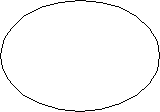


 travelling by plane – путешествие на самолете
travelling by plane – путешествие на самолете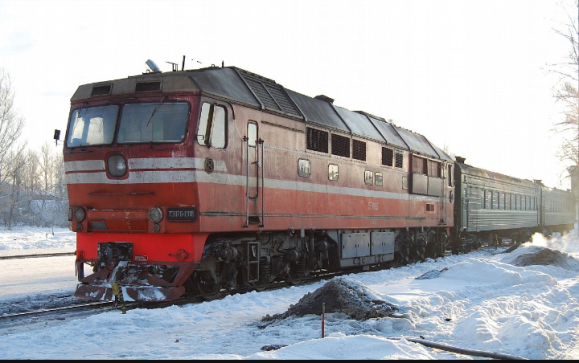 Travelling by train- путешествие на поезде
Travelling by train- путешествие на поезде
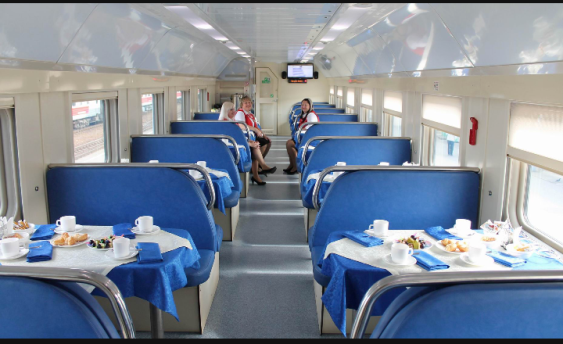
 Sea voyage –морское путешествие
Sea voyage –морское путешествие
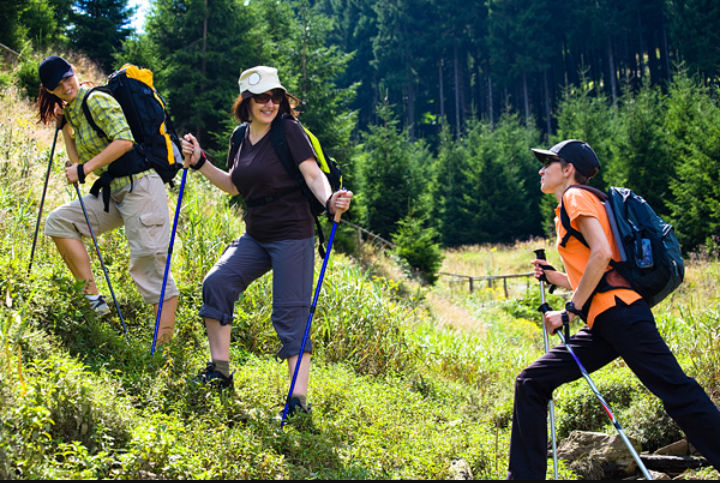 Hiking – пеший туризм
Hiking – пеший туризм